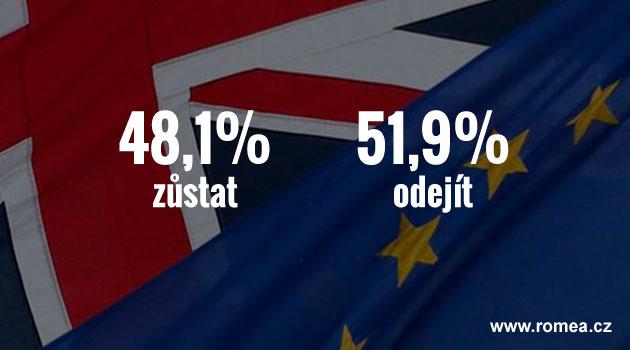Many young Slovaks support the ultra-right party called Kotleba-People’s Party Our Slovakia (LSNS). Marian Kotleba, the Governor of the Banská Bystrica Region and the party leader, also enjoys great popularity.
Those are the findings of the most recent study by the Institute for Public Affairs (IVO) in Bratislava. “In the environment of young people, more than one-third sympathize with the activities, the concrete steps, the program and the values of Kotleba’s LSNS. Kotleba himself enjoys rather high support among youth (30 %) which exceeds the current overall support for the party,” the Institute reported last week.
Analyst Marián Velšic of IVO told journalists that the preference for the LSNS among Slovaks aged 18-39 was 23.5 % and that given the sympathies mentioned there is still room for those sympathies to grow. The LSNS unexpectedly made it into Parliament with 8 % of the vote in March and took 14 seats in the 150- member legislature.
The party, for example, is advocating for Slovakia to leave the EU and NATO and has promised in its program to establish “order with the parasites in the settlements” and to protect people from “Gypsy terror”. LSNS also espouses the wartime Slovak State, which was allied with Nazi Germany during the Second World War.
According to the IVO study, the younger generation of Slovaks are especially attracted by the LSNS proposals to reduce the number of members of the country’s unicameral legislature, to restrict state welfare benefits for Romani people in particular, and by its criticism of the current state order in Slovakia. The LSNS is closely followed in the rankings of voter preferences among the younger generation of Slovaks by the liberal party Freedom and Solidarity (Svoboda a solidarita – SaS) with 23.4 % support, the country’s strongest opposition party.
Preferences for both the LSNS and the SaS among young Slovaks this autumn rose compared to the last Parliamentary elections. A significant majority of respondents stated that what are termed “conspiratorial” websites represent an alternative to traditional media and that these websites have a right to exist because they are exercising freedom of expression and speech.
The young generation of the country of five million is most interested online in information about world events, environmental issues, and the topic of migration. LSNS devotees are more than usually active on the Internet and social networking sites.

